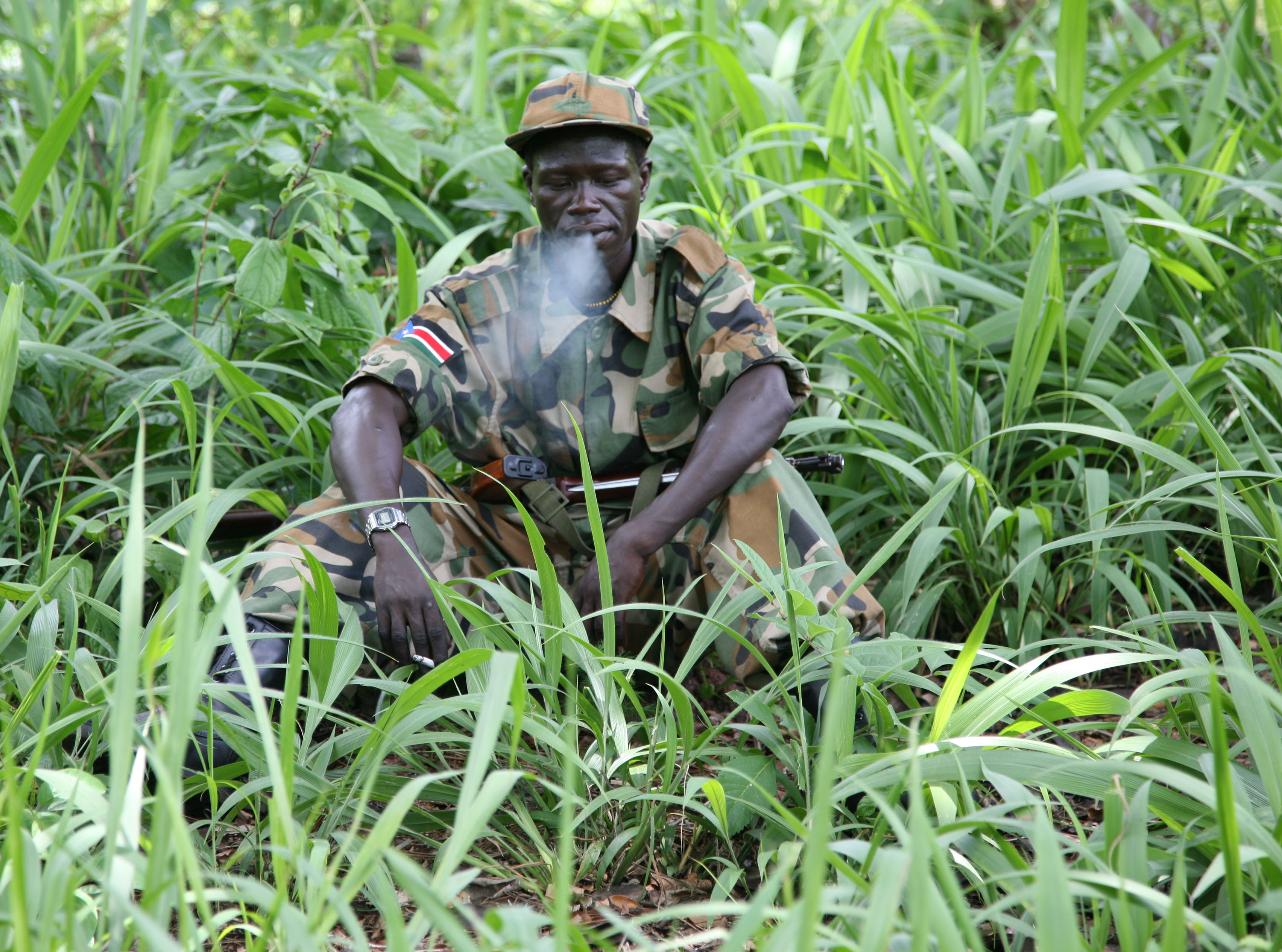
The United Nations Group of Experts on the Democratic Republic of Congo submitted its final report last month, which includes several points about the Lord’s Resistance Army, or LRA, worth noting:
No evidence of external support: The group reported that it found no evidence that the LRA receives any external support. The LRA “does not appear, from the available evidence, to be benefiting from external support.” Many analysts, advocates, and members of Congress, including Representative Ed Royce (R-CA), are concerned that Khartoum might resume providing support and safe haven to the LRA. The LRA’s activity in Raga County of Western Bahr el Ghazal state in South Sudan during the past several months has been an additional reason for concern, given the area’s proximity to Sudan.
No evidence of involvement in illegal exploitation of natural resources: The report confirmed the group’s earlier findings in its interim report that the “LRA was not involved in the illegal exploitation of natural resources, obtaining rations, medicine and military equipment through systematic pillaging attacks” in Congo. The group has a mandate to gather and analyze information about flows of arms and related material and networks violating the arms embargo and to identify individuals and entities violating the embargo, identify those supporting them, and recommend them for possible measures by the U.N. Security Council.
LRA groups previously in Congo moved to the Central African Republic and are likely to have returned to Congo: The report describes how in late June and early July 2011 LRA leader Joseph Kony “gave written orders for all LRA units within the Democratic Republic of the Congo to meet up in the Central African Republic,” with the exception of one unit which is commanded by Dominic Ongwen, who is wanted by the International Criminal Court on war crimes and crimes against humanity charges. Ongwen’s unit reportedly protects four of Kony’s ‘wives.’ According to the Group of Experts report, “[b]y August 2011, all other units, including the one commanded by Dominic Ongwen, the most senior LRA leader in the Democratic Republic of the Congo, had completed the move.” The report cites that analysts with the U.N. Stabilization Mission in Congo, or MONUSCO, expected LRA units that left Congo to return by the end of 2011. As Enough wrote recently, the return of LRA groups to Congo is particularly worrying given that the Congolese government ordered the Ugandan army several months ago to cease its operations there.
Possible support from Khartoum should be monitored: Although it found no evidence that the LRA currently receives support from the Sudanese government, the group wrote that this relationship should continue to be monitored. “The Group does not know the motives for the [LRA’s move to the Central African Republic], although the Government of South Sudan has claimed that LRA received training and support from Khartoum. This has not been substantiated, but the Group believes that the possibility of resumed Sudanese contact with LRA deserves to be monitored on an ongoing basis.”
Photo: An LRA fighter (AP)

